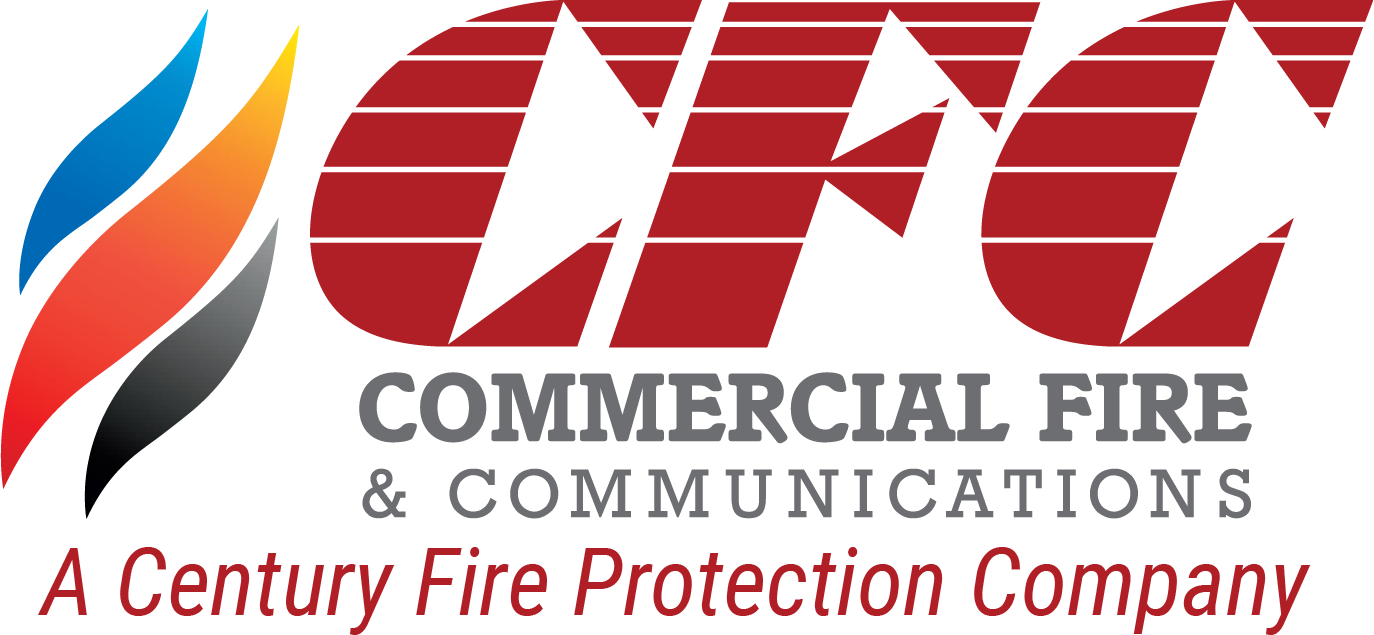For over four decades, CFC has remained dedicated to protecting the lives and property of our community through high-quality fire protection and life safety service, inspection, and maintenance. Our team is honored to service numerous coastal and beachside communities along the west coast of Florida from Citrus to Monroe County.
Due to these communities’ proximity to the beach, many properties face unique fire system challenges. For example, properties that include beachside open-air corridors or screened-in interiors may be more likely to face corrosion, rust, and wear over time due to the moist and salty atmosphere. Without regular inspection and maintenance, these conditions can hinder the installed fire safety equipment from working correctly.
Fire Safety System Inspection & Maintenance Schedule
It’s essential to regularly inspect the conditions of a property’s fire alarm and fire sprinkler systems to ensure they’re well-equipped to function correctly in the case of a fire. The National Fire Protection Association (NFPA) recommends that property owners and managers visually inspect their fire protection systems every month and look for signs of rust or corrosion. Most importantly, inspections by a licensed fire protection contractor are required by code and also help increase the longevity of a property’s fire safety system. Maintaining your required inspection interval and promptly making necessary repairs is the most important step property owners and managers can take towards ensuring the safety of their building.
Sprinkler Systems – Salt Air
Salt air is corrosive and impacts the ability of moving parts in sprinkler systems to work correctly. Common issues we see in our beachside communities include:
- The corrosion of sprinkler heads in under-building parking; These units can fail due to corrosion at a much faster rate than sprinklers that are protected on the interior of buildings.
- The corrosive nature of metals; Sprinkler heads are made using different metals; when replacing a loaded head, consider using a less corrosive metal.
- The agility of moving parts on exposed sprinklers, such as sprinkler valves, tamper switches, and PIV’s, each needs to be exercised more often when exposed to the salt air.
- Whenever allowed by code, the spare head box should be located away from the salt air.
Fire Alarm – Salt Air
Salt air corrodes fire alarm units, amplifying potential failure of the fire alarm unit without monthly inspections. However, regular maintenance and protection can help. Here are tips to help protect fire alarm units exposed to salt air.
- When making modifications to the Fire Alarm system, you should consider using a PVC conduit; if EMT is in place, it should be painted.
- If a device is not located in a wet location but exposed to salt air, you should consider using a weatherproof device.
- Fire alarm devices exposed to salt air and made out of metal should have a protective cover installed over them.
- Install all addressable modules and relays inside a weatherproof box to avoid corrosion.
Fire safety and prevention is an ongoing chore! With decades of experience protecting coastal communities, our team here at CFC is committed to taking care of your safety and security needs. If you have questions or concerns about fire safety system inspection and maintenance – or any fire safety and security concerns – contact our team today.
About CFC
CFC is a fire protection and life safety systems contractor specializing in the service and installation of fire alarms, fire sprinklers, and other life safety and security systems. Since 1980, our company has always focused on delivering two things: the workmanship you need and the customer service you want. Over 40 years later, we are still meeting the needs of contractors, property owners, and managers throughout Florida.

